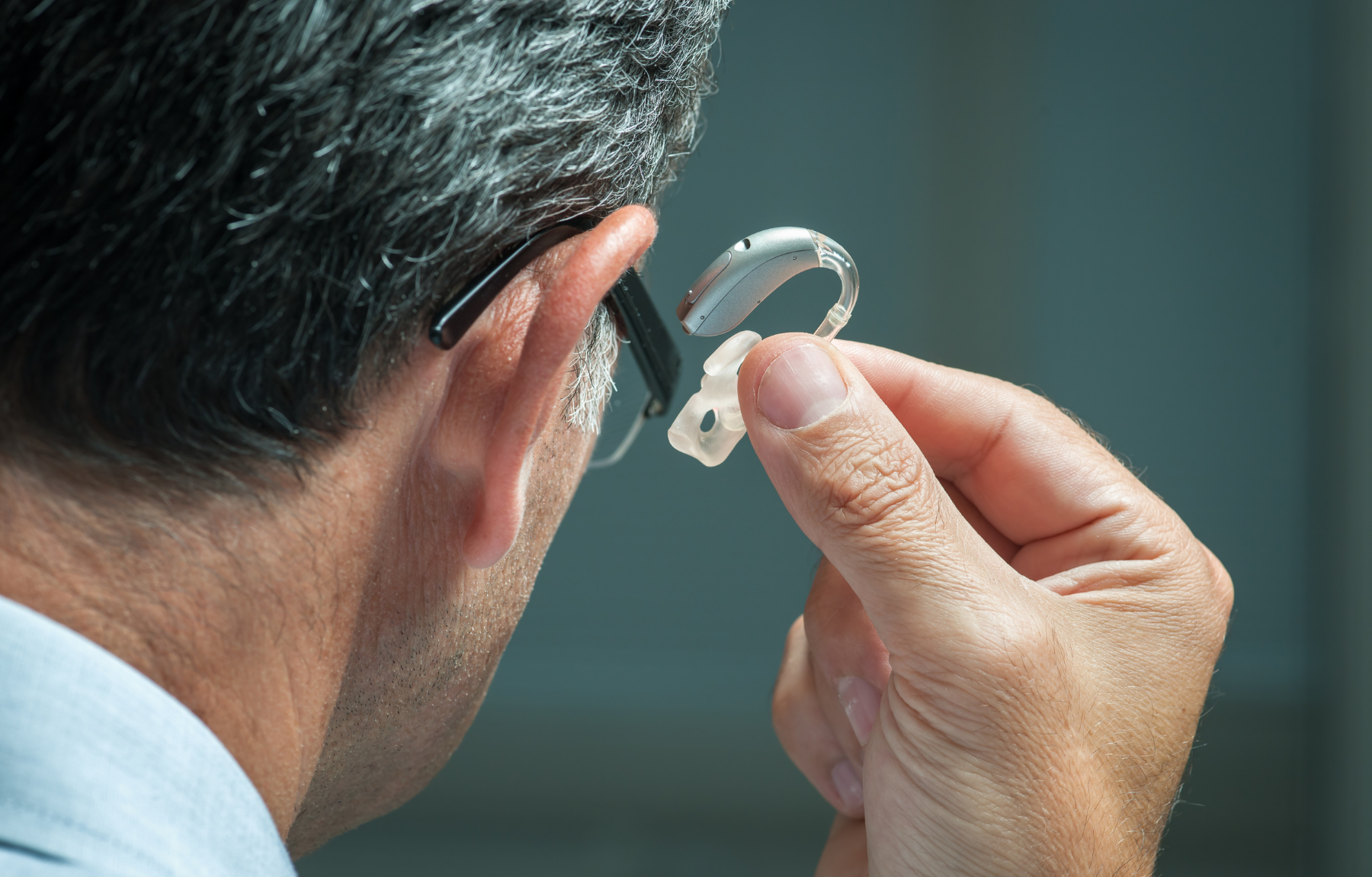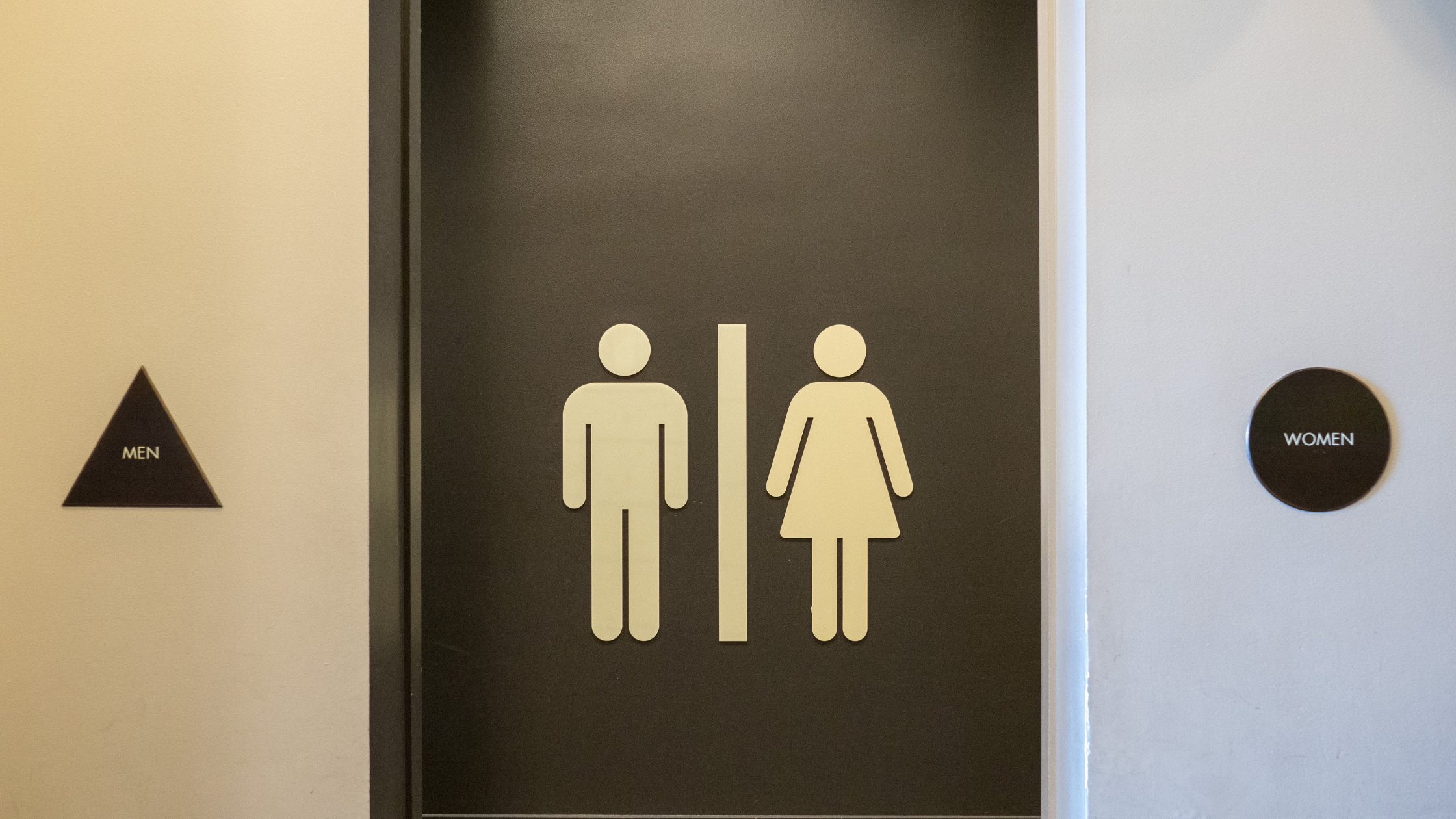10 Complications of Diabetes You Weren’t Expecting
Written by Tye Medical on Jun 21st 2021
Nearly 1 in 10 Americans have been diagnosed with diabetes, which means you’re probably very familiar with how it affects insulin production and blood sugar. But you might not be familiar with other complications of diabetes. If not well controlled, the condition can slowly damage most bodily systems.
Because diabetes is so common and has few noticeable symptoms, most of us take it lightly. But did you know that most people with type 2 diabetes die from a heart attack related to cardiovascular disease? And that’s just the beginning.
But it’s possible to protect yourself from the side effects of diabetes and reduce its many complications. The first step is learning more about its impact and how to manage your condition well.
1. High Blood Pressure and High Cholesterol
If you have type 2 diabetes, your body can’t produce or effectively use insulin (the hormone that regulates blood sugar). Increased blood sugar levels are linked to high LDL cholesterol and high triglycerides because insulin also prevents the breakdown of fat. When insulin fails to prevent this breakdown, you end up with increased blood fats or triglycerides that cause high cholesterol.
Additionally, high blood sugar can damage blood vessels and even the nerves that control your heart. Damaged vessels collect blood fats that then harden and build up in your arteries, causing cardiovascular disease and high blood pressure.
2. Sexual Problems in Men and Women

One of the common complications of diabetes affects the bedroom. Most men with diabetes will battle with some degree of erectile dysfunction (ED) at some point in their lives. This difficulty is usually due to a drop in testosterone levels, which is common among people with diabetes, especially those who are obese.
But over time, diabetes that’s not well managed can also damage the blood vessels and nerves that supply the penis, causing ED symptoms. If you’re middle-aged and have diabetes, and are experiencing ED symptoms, talk with your doctor.
Women with diabetes can also develop sexual problems, especially if middle-aged and older. Nerve damage from high blood sugar levels can impair vaginal lubrication and block the ability to experience an orgasm.
3. Decline in Brain Health
Long-term exposure to high blood sugar levels also puts your brain at risk, increasing cognitive decline and your risk for developing dementia. If diabetes isn’t well-controlled through diet, exercise, and medication, you can experience loss of mental function more rapidly.
If you’ve noticed a decline in your memory or experience brain fog more regularly, start monitoring your blood glucose levels more closely and consult with your doctor.
In addition to controlling blood sugar levels, you can also aim for 30 minutes of exercise daily and find ways to keep your brain stimulated and active. Reading, working, socializing, playing games, and other engaging activities can keep you sharper longer.
4. Hearing Loss

This is one of the lesser-known complications of diabetes. You probably never considered if your inner ears contained blood vessels, but they do. Just like other vessels in the body, high blood sugar can damage them and cause hearing loss. The more damage to the vessels in your inner ear, the worse your hearing impairment.
It’s tempting to blame your declining sense of hearing on age. But one study found that older women with uncontrolled diabetes had noticeably higher levels of hearing loss than women of the same age with well-controlled diabetes.
5. Gum Disease
Elevated blood sugars increase your risk for any infection, including infection of the gums (a.k.a. gum disease). Gum disease can even spread to your bones. If untreated, it can lead to painful chewing and tooth loss due to the erosion of gum tissue.
Typically, where there’s infection, there is also inflammation and swelling. If your gums are tender or bleed often, it could be gum disease. When you go for regular dental checkups, your dentist will alert you to changes in your gum tissue. During your visits, be sure to mention any oral discomfort or loosened teeth.
Aside from managing your diabetes well, brushing twice each day, flossing daily, and using an antiseptic mouthwash can help you prevent periodontitis (gum disease).
6. Bacterial and Fungal Infections
Infection is one of the more common complications of diabetes. Elevated blood sugars make you more prone to various skin infections and yeast infections that cause UTIs, boils, itching, and genital yeast infections.
Some diabetes medications can trigger fungal infections, especially in the genital area, because they increase glucose secretion in the urine. Glucose feeds bacteria and fungus, promoting overgrowth and infection, which means controlling your blood sugar levels can help prevent candida (yeast) infections.
If you’re obese with diabetes, you might develop fungal skin infections between moist folds of skin. Bacteria and fungi like candida thrive in warm, moist areas. You can treat these areas with appropriate antifungal creams.
7. Vision Problems

About 1 in 3 people over the age of 40 with diabetes have diabetic retinopathy that affects their vision. If your blood sugars remain elevated over time, it damages the light-sensitive tissue at the back of your eyes. Even as early as seven years before a diabetes diagnosis, higher glucose levels can begin damaging the blood vessels in your eyes.
Early detection and treatment can prevent vision loss and even reduce your risk of blindness.
8. Obstructive Sleep Apnea
Growing evidence suggests that sleep apnea promotes diabetes because it contributes to insulin resistance and glucose intolerance. Science doesn’t fully understand the connection, but if you have one of these conditions (diabetes or sleep apnea), you’re more likely to have the other.
71% of patients with diabetes also have obstructive sleep apnea, making it one of the more frequent complications of diabetes.
If you have obstructive sleep apnea, the tissue in the back of your throat collapses into your airway during sleep and inhibits breathing. While your airway is obstructed, you might not take a breath for minutes at a time, which causes a host of health problems and daytime sleepiness.
Using a C-PAP machine while you sleep is the most common way to treat sleep apnea and control your blood sugar levels.
9. Neuropathy

In addition to blood vessels, elevated blood sugars often damage nerves (diabetic neuropathy), causing mild to severe symptoms. Neuropathy is the most common complication of diabetes, affecting nearly half of people with the condition.
It’s a general term used for nerve damage anywhere in the body, and neuropathy often occurs in more than one location. Early signs include mild tingling or numbness in your hands or feet. Over time, you might experience pain, weakness, and even digestive problems (if nerves in the GI tract are damaged). The condition is sometimes referred to as “diabetic nerve pain.”
10. Kidney Failure
As with other complications of diabetes, your kidneys can be mildly to moderately affected even before you’re diagnosed with type 2 diabetes. Over time, high blood sugar levels thicken and scar the tiny structures (nephrons) inside your kidneys that filter your blood.
This impairment prevents your kidneys from doing their job well, and if not curbed, will further damage your kidneys. Uncontrolled glucose levels can damage your organs to the point of kidney failure.
How to Protect Yourself from Complications of Diabetes

Get Regular Screenings
Most damage to your health happens when your blood glucose isn’t well-controlled. This means that early detection of diabetes is crucial to your overall health. Schedule regular physicals with a primary care physician who will perform appropriate diabetes screenings. The American Diabetes Association recommends that everyone age 45 and over should be screened in three-year intervals.
If you are at greater risk for diabetes, your doctor might begin screening before age 45 and do so more frequently.
Risk factors include:
- Having a parent or sibling with type 2 diabetes
- Being overweight
- Not physically active (active less than three times per week)
- Being of a certain ethnicity (African American, Hispanic/Latino American, Alaska Native, American Indian)
Your doctor might also screen for diabetes more often if you have high blood pressure or high cholesterol. If you catch type 2 diabetes early, it could prevent further risk for cardiovascular disease.
Follow Your Doctor’s Diabetes Treatment Plan
You can keep complications of diabetes in check if you maintain proper blood sugar levels. This means adhering to the diet, exercise, and medication plan your doctor advised. But you’ll also want to know if the treatment plan is effective, which requires regular blood sugar monitoring. If your glucose readings or symptoms indicate elevated blood glucose, contact your doctor.
If you’ve been adhering to your treatment plan but are still struggling to control your glucose, your doctor might need to adjust your medication or other treatment recommendations.
Managing Your Diabetes Can Prevent Bladder Symptoms

Uncontrolled diabetes can affect your bladder too. When you have elevated blood sugar levels, you might experience frequency and urgency as your body tries to flush the excess from your system. The elevated sugars in your system can also trigger UTIs, as mentioned above. Too much sugar in your urine makes you more susceptible to UTIs because sugar feeds bacteria and promotes overgrowth and infection in the urinary tract.
You might also develop bladder control problems due to diabetic nerve damage (neuropathy) that affects bladder nerves. When this happens, you might not know you have to pee until it’s too late, or you might not be able to control the muscles that hold back urine.
But you can manage your diabetes well and reduce complications of diabetes, including those that affect the bladder.
If you find yourself in need of light to heavy incontinence products, TYE Medical offers a line of products to suit the needs of men and women. We have discreet, absorbent light incontinence pads and underwear to protect you from minor leaks.
For moderate to heavy protection, try our Protective Underwear with a super-absorbent gel core and tearaway sides.


